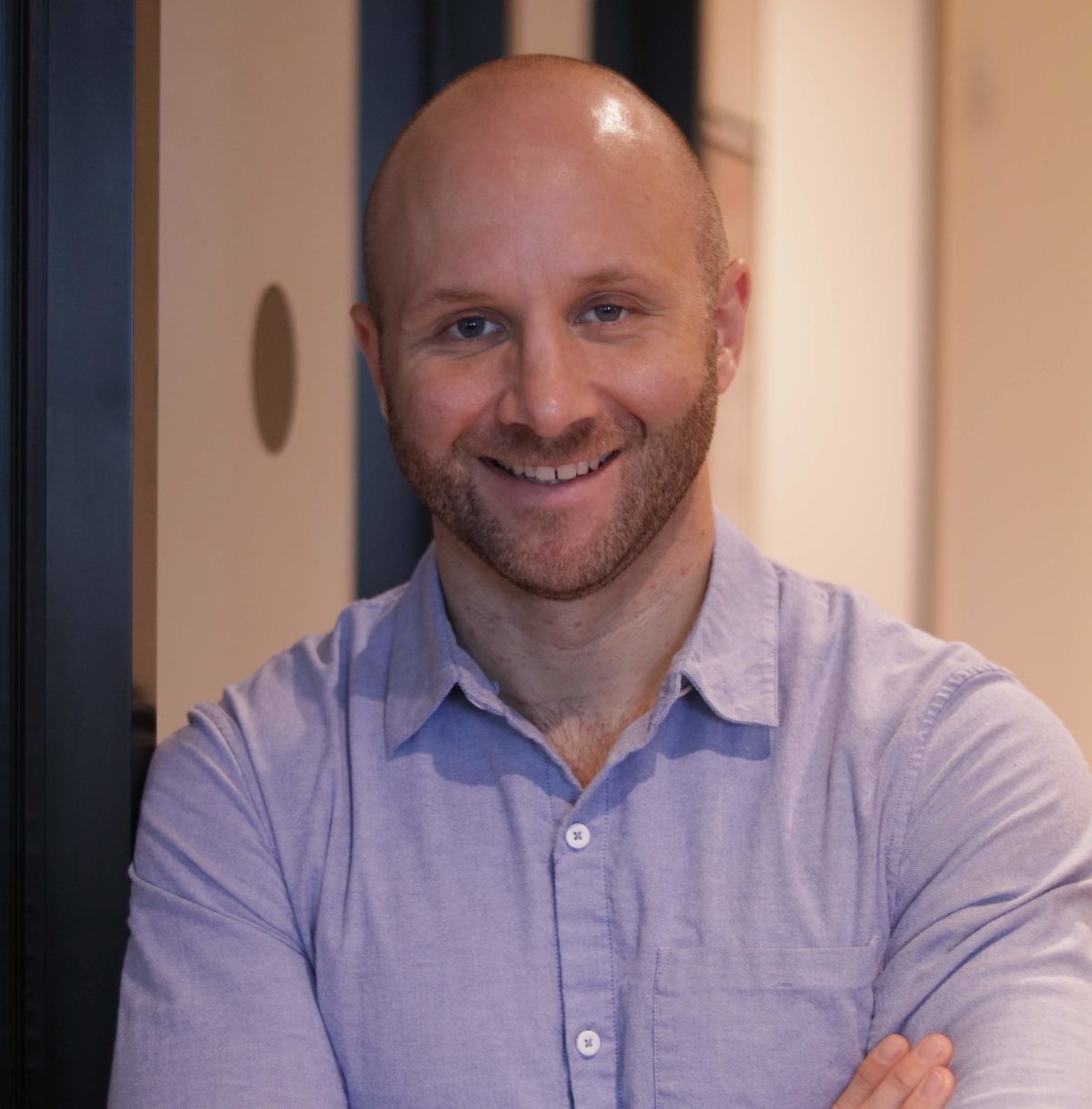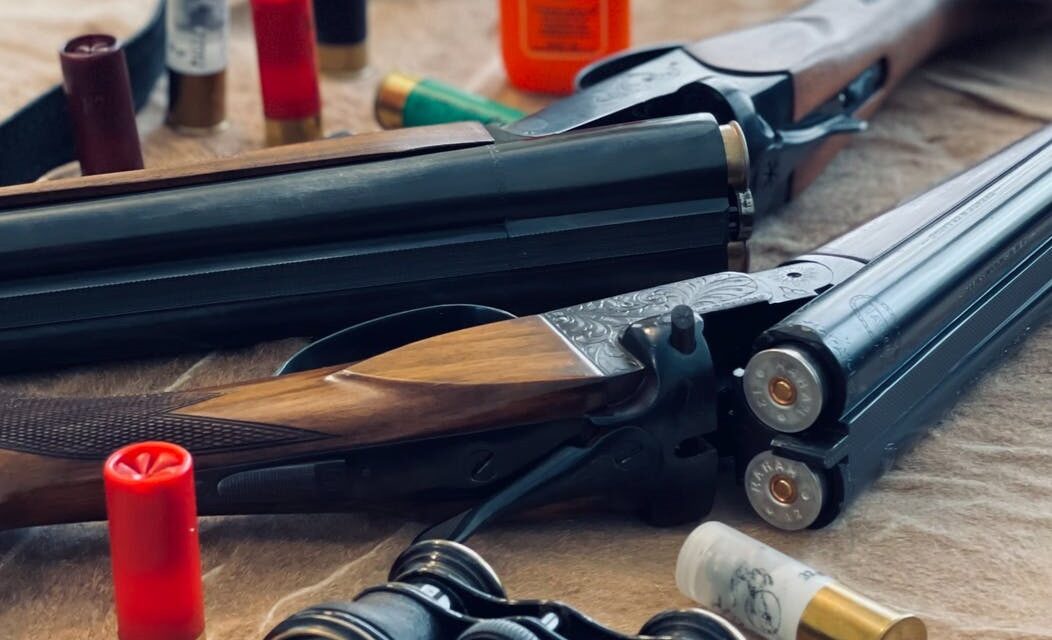Years ago, I worked on a TV show about professional sporting clays shooters.
If you aren’t familiar with that world, sporting clays is kind of like skeet shooting (a more widely known name and misnomer for all events shooting clay pigeons), except skeet shooting is stationary, with the clay pigeons coming out of two towers to the sides of the shooter and traveling away from the shooter.
Sporting clays is a course of towers, of various heights, distances, and angles, that spit out clay pigeons of different sizes, speeds, and trajectories.
Just imagine golf with a shotgun.
One of my good friends from childhood had been shooting sporting clays his whole life and wanted to help bring the sport to the masses, so we partnered together to make this show.
That meant I spent months with the best shotgun shooters in the world and when I’d learn from him after his tournaments during our down time, he explained that it was “like getting a private golf lesson from Tiger Woods.”
In fact, it was like I was surrounded by multiple Tiger Woods-caliber shooters.
And what separated the best of the best was 100% mental.
To win a tournament, a shooter would most often have close to a 99% score — meaning that if you missed just a few shots out of 100, you most likely wouldn’t podium.
So in order to be that perfect, one had to be cool, calm, collected, and calculated.
They couldn’t get upset whenever they missed, because another “bird” was coming right behind it and if they missed two in a row, they were quickly losing any chance of winning.
The scoring is simple. Two birds come out at a time and you either break the clay (known as a “dead bird”) or miss it (“lost bird”).
When explaining to me how he consistently stayed at the top, my friend told me, “A lost bird is lost forever. No amount of dwelling on what went wrong will bring it back. Focus on the next shot.”
This one sentence has stuck in my head for 10 years.
Of course we need to learn from our mistakes. Yet we all still get hung up on those lost birds so much that it often affects our ability to succeed with the next shot.
We let it occupy our minds as it flies off in the distance, and then we aren’t ready for the next attempt. Instead, if we let that mistake go, and turn our full attention to the next opportunity, we stand a better chance of succeeding in the long run.
This applies to everything.
Just yesterday I was faced with the chance of getting super frustrated with a money mistake that I made (still learning about investing) but I remembered the lost bird theory.
So I said “Good. That means I won’t make that mistake again.”
I said that, but truthfully I’m still struggling to let it go. That’s why remember simple things like the lost bird theory are so important to keep us on track.
Mistakes aren’t missed opportunities, they are opportunities themselves — to learn, to improve, and to grow.
Hindsight is 20/20. Of course we can look at what we could have done differently on the previous attempt. But if we do that, we risk missing the next one, too.
Or as an investor I follow once said, “The three best traders… Shoulda, Coulda, and Woulda.”
In reality, what you should, could, or would have done does not matter.
The bird is gone.
There’s no sense looking back. Instead, look forward with a new perspective from those lessons learned.
Then apply them to your next shot.
 Rain Bennett is a two-time Emmy-nominated filmmaker, writer, and competitive storyteller with over a decade of experience producing documentary films that focus on health and wellness. His mission is simple: to make the world happier and healthier by sharing stories of change.
Rain Bennett is a two-time Emmy-nominated filmmaker, writer, and competitive storyteller with over a decade of experience producing documentary films that focus on health and wellness. His mission is simple: to make the world happier and healthier by sharing stories of change.
You can read the rest of “Right as Rain” here, and check back every Wednesday on Chapelboro for a new column!




